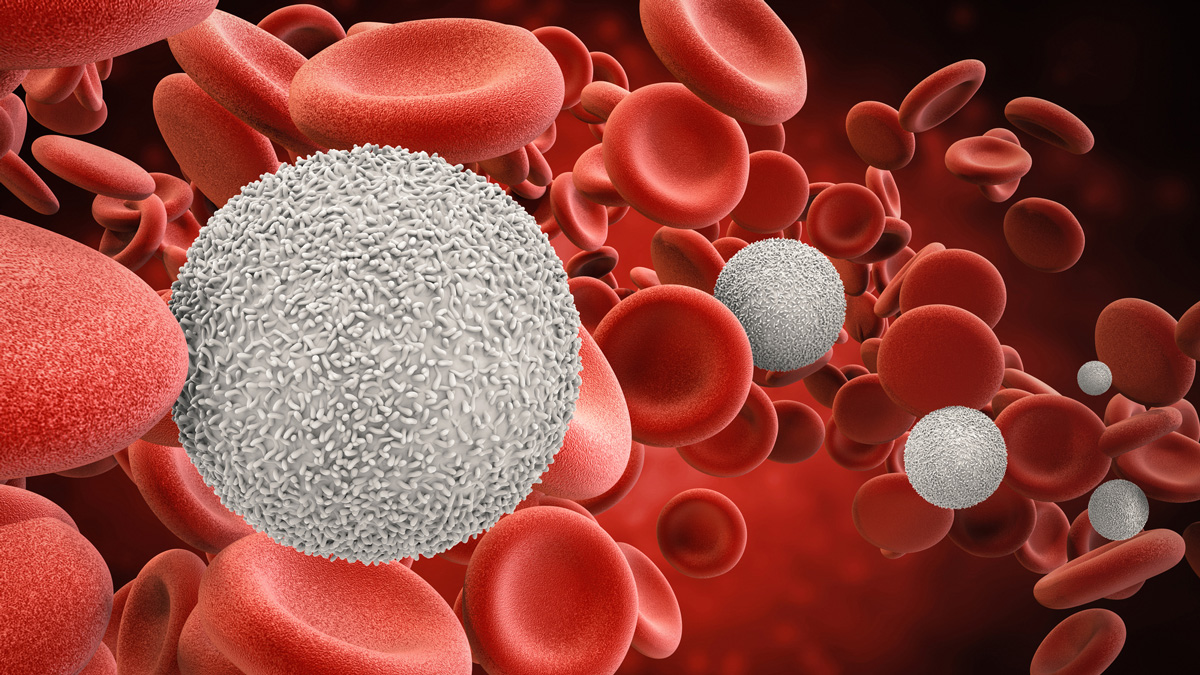Macrophage Pharma goes for gold with new funding round

Richard Staines spoke with Soren Bregenholt, the new CEO of Macrophage Pharma, about the company’s strategy encompassing both immune oncology and inflammatory diseases.
In healthy tissues, macrophages are a type of white blood cell that play an essential role by sweeping up things such as bacteria, viruses, fungi, and parasites in the event of infection.
But tumours have a nasty habit of turning these normally-helpful cells against the host, where they are thought to promote formation of rogue blood vessels that feed the tumour.
They are also thought to play a role in the tumour spreading, suppression of the immune system, and drug resistance.
For years pharma and biotech have been trying to tackle these cells, which are considered to be one of the many barriers that tumour cells put up to prevent attack from the body’s defences.
Finding ways to tackle tumour associated macrophages, part of the “tumour microenvironment” that is the focus for so many big pharma companies, is one of the goals of the ambitious biotech Macrophage Pharma.
As well as tackling macrophages in tumours, the biotech also aims to take on diseases such as multiple sclerosis – where macrophages become overstimulated and begin to damage healthy cells instead of pathogens.
Under the leadership of CEO Soren Bregenholt, who joined last year, Macrophage has hired a new chief scientific officer, Venkat Reddy, and a new chief technology officer, David Moffat, to lead the company into this new phase of its development.
This will involve moving its first cancer drug into clinical trials, and starting work on projects involving macrophages and the role they play in inflammatory diseases.
Bregenholt told pharmaphorum in a telephone interview: “With a new management team we are looking to pivot the company more towards being a macrophage company as the name implies, rather than an [immune oncology] company.
“We will take a broader look at where macrophage technology is important in human disease and then apply the technology to that rather than staying specifically within immune oncology.”
Polarising macrophages
The biotech’s approach to fighting cancer is based around “repolarising” tumour-associated macrophages (TAMs) using small molecule drugs so that they no longer suppress the immune system using messenger cells known as cytokines.
Bregenholt said that the technology is able to change the activity of these rogue TAMs that are found near tumours, while leaving healthy immune cells unaffected and able to mount an attack.
Efforts are focused on an enzyme known as p38 MAP kinase, which is a “master regulator” of production of IL-10.
As well as blocking IL-10, inhibiting p38 MAP kinase also restores levels of immune stimulatory signals such IL-12 and IFN-γ.
“What we believe we can do, and have shown in various preclinical systems, is that we can change immunosuppressive macrophages that produce a lot of IL-10, we can switch that into a more pro-inflammatory macrophage.”
“Since the molecule is macrophage targeted, we don’t affect T-cells, which you would do with a normal p38 inhibitor.”
“Instead of some of the projects when you either block the entrance of the TAM to the microenvironment or you delete them, our aim is to actually keep them in the tissue and change their phenotype from being immune suppressive to immune stimulatory.”
Bregenholt hopes that with this approach Macrophage, and its lead product MPL5821, could help pharma to overcome some of the issues that still dog checkpoint inhibitor therapy.
While these drugs have powerful effects in some people, response rates are low and the thinking is that tumour defences such as those created by TAMs are blocking the immune response called in by the checkpoint inhibitor.
“In solid tumours having something that can overcome checkpoint inhibitor resistance or help refractory patients is probably where there is a place for a drug like this.”
Inflammatory diseases
However Bregenholt said that the biotech has tweaked its strategy so that its reach extends beyond just cancer.
Abnormal macrophage behaviour is also seen in fibrotic and autoimmune diseases and there is a potential to treat these conditions by toning down the action of overstimulated cells.
“The Holy Grail of autoimmunity is to do the reverse of what we are doing in immune oncology (IO). In IO we are going to take an immune suppressive macrophage and turn it into a pro-inflammatory macrophage.
“What we really want to challenge ourselves with in autoimmunity is to try to take a pro-inflammatory macrophage and turn that into something that would be either tissue regenerating or immune-suppressive.”
Likely disease targets will be inflammatory bowel disease, uric formation, and lupus.
“Even if you look at IBD, there is still significant unmet medical need and patients who are not being served by the industry today.
“I am sure that our macrophage selective approach would give us opportunities to play an important role in these diseases as well.”
The company already has a number of investors on board including Sixth Element from the UK, Merck Ventures and Novo Seeds from Denmark.
With a new management team in place Bregenholt is planning to raise around $35 million in a private Series B funding round, likely closing in Q3.
This will fund clinical development for the new drug candidate in cancer and potentially one other indication.
The plan is then to explore a small number of potential target indications alone or together with another partner during the Series B period.
It’s a “traditional biotech strategy” according to Bregenholt, although the unique selling point to investors could be a versatile technology that allows the company to go after new targets, or targets that are known but considered “undruggable”.
“I think that’s a key asset of the technology,” he concluded.












